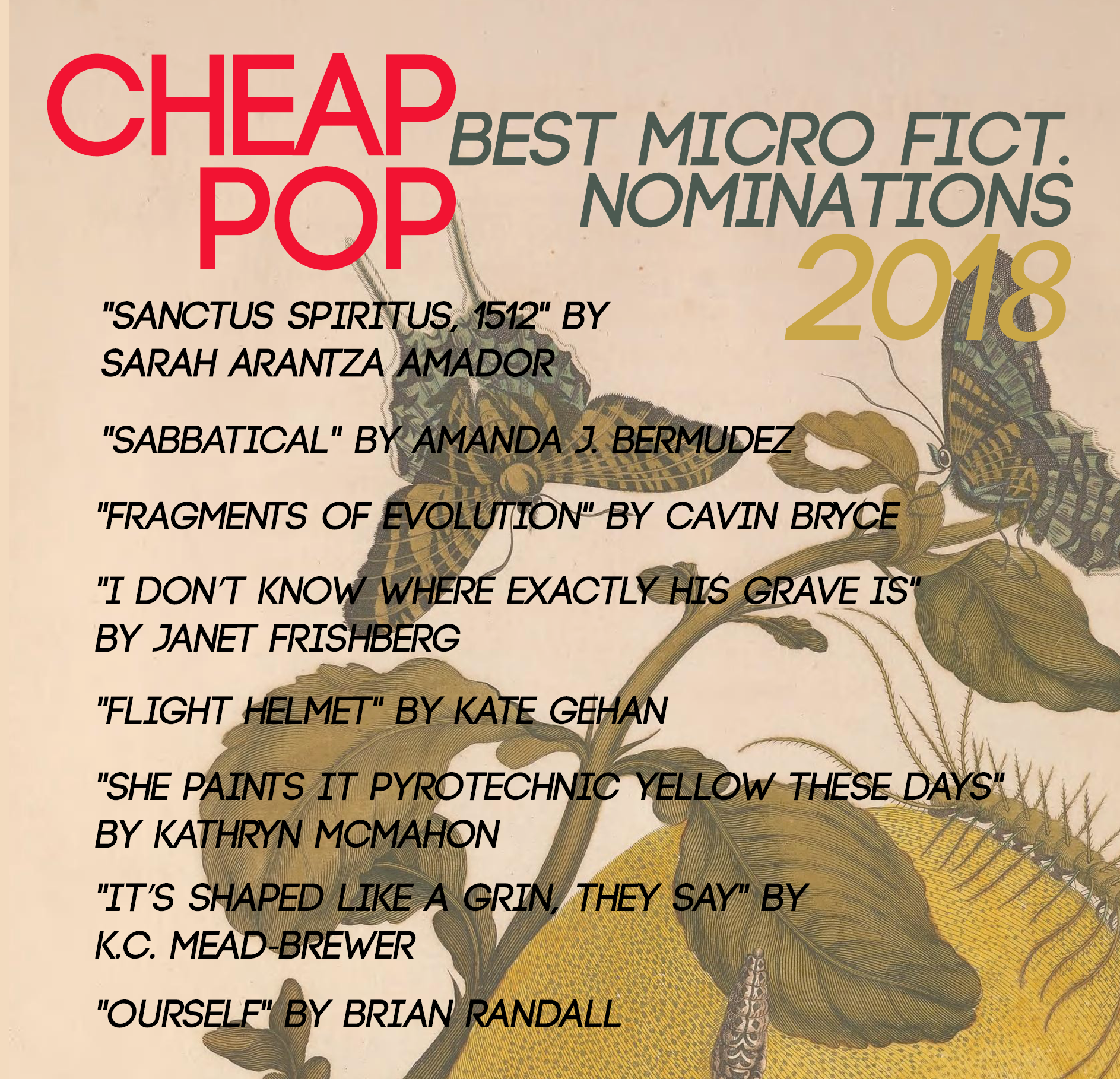BEING THE MURDERED MOLL — CATHY ULRICH
/The thing about being the murdered moll is you set the plot in motion.
Rain will be falling when you die; they’ll say rain was falling. They’ll say you woke with a knot in the pit of your belly, tugged your lover’s arm at the peek of sun through the hotel room curtain. They’ll say it wasn’t raining yet, it wasn’t raining then.
Your lover will clutch your bullet-riddled body, they’ll say bullet-riddled. He’ll howl his rage to the storm clouds, vow vengeance in your name. He will become Romeo and you will be Juliet. You always wanted to be somebody, they’ll say. You always wanted to be a star.
They’ll say the night before, you sat up with your lover in the dark of a hotel room after the convenience store robbery, suitcases stuffed with leaking liquor bottles, whiskey-sticky dollar bills. You gazed out the open curtain, knees tucked to chin. They’ll say you were wearing your best dress the night before you died, say it was growing threadbare frayed, but you were still beautiful in it, still beautiful in a hard, hopeful way.
Sitting like that, they’ll say, you looked out the window at the sky, your lover’s fingers entwined with yours, the stars, you said to him, the stars, the stars.
The stars envy us, don’t they?
And in the morning, they’ll say, curtains drawn, slant of sunlight wisping across your face, you woke with a knot in your stomach, woke knowing, reached for your lover’s arm.
It will be raining when you die, stolen car dragging in the back-road mud. They’ll say there was a pepper of gunfire; they’ll say you were wearing your best dress again, wearing it still, were smoothing the folds over your lap, looking out the window at the falling rain.
They’ll say there was a gun on your lap, you were the kind of girl who’d carry a gun for your lover, say you were turning to your lover, opening your mouth to speak.
Maybe, you said, maybe we could —
The way the pepper of gunfire will punctuate the falling rain, the way he will cradle your body in the mud, the way he will rise up, guns blazing, they’ll like that—guns blazing—the way he leaves you on the ground before he falls too, your mouth still parted in death from the last words you had spoken, your mouth still parted, waiting, waiting for your Romeo’s kiss.
Cathy Ulrich has a favorite Depression-era criminal, and it isn't John Dillinger or Pretty Boy Floyd. Her work has been published in various journals, including Passages North, Black Warrior Review, Pithead Chapel and Gigantic Sequins.














